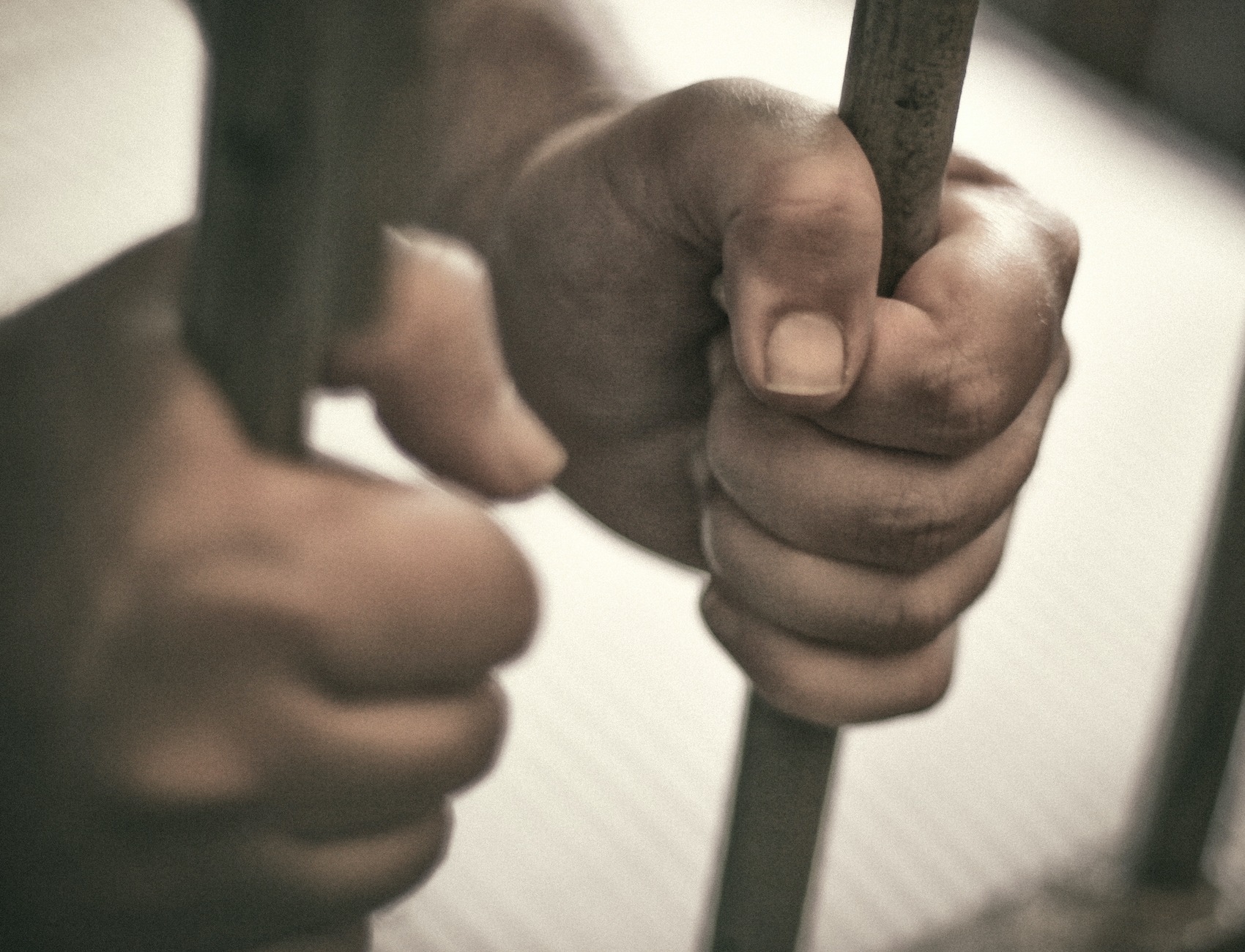Mississippi Man Given Extreme 12-Year Sentence For Having A Cell Phone In Jail Asks For Rehearing
The state Supreme Court erred this month when it failed to invalidate Willie Nash’s sentence as cruel and unusual punishment, his attorneys argue.

Lawyers for Willie Nash, a Mississippi man sentenced to 12 years in prison for having a cell phone in a county jail, filed a motion for a rehearing in the state Supreme Court on Thursday, arguing that the court’s justices are permitting punishment that does not fit the alleged crime.
The new motion comes two weeks after the Supreme Court affirmed Nash’s sentence, finding that the punishment “falls within the statutory range of three to fifteen years.” Unless the court reverses its decision, Nash could be imprisoned until February of 2029.
“This Court’s decision affirming Nash’s sentence is irreconcilable with the Eighth Amendment,” which prohibits cruel and unusual punishment, Will Bardwell and Lindsey Rubinstein, lawyers with the Southern Poverty Law Center’s Mississippi office, wrote in the motion.
“There is still time to right this injustice,” they wrote. “Nash’s astonishing sentence is grossly disproportionate to the act for which he stands convicted.”
Nash was arrested and booked into the Newton County jail in 2017 for disturbing the peace, a misdemeanor offense. Staff at the jail did not find the cell phone, which Nash had on him during a strip search at intake, his lawyers say. The phone was only discovered when Nash asked a jail guard to charge the battery on his device, which he handed over voluntarily and unlocked with his password.
Steven Kilgore, district attorney for Mississippi’s Eighth Judicial District, charged Nash with violating a state law against possessing an “unauthorized electronic device, cell phone, or any of its components” in a correctional facility. A jury found Nash guilty in August 2018, and he was sentenced to 12 years in prison.
Nash immediately appealed his conviction to the state Supreme Court, which affirmed the punishment on Jan. 9.
Nash’s lawyers have asked the court to grant a new hearing, vacate its decision, and reverse his conviction on the grounds that the sentence is unconstitutional and that he neither voluntarily possessed or intentionally concealed the cell phone from jail staff.
“It’s pretty hard to look at this case and not be reminded of how far we have to go in this country on criminal justice reform,” Bardwell told The Appeal in a phone interview. “I hope the [court] sees this as an opportunity to right a wrong.”
Kilgore did not immediately respond to a call for comment about Nash’s motion, which also challenges the validity of the charges.
Nash’s punishment, which drew international attention after the Supreme Court affirmed his sentence, is harsher than sentences he might receive for far more serious offenses. “If, rather than asking to recharge his cell phone, Willie Nash had instead burned the Newton County Sheriff’s Office to the ground, he would have received a shorter prison sentence than the one he is currently serving,” his lawyers wrote in the motion, referring to a second-degree arson offense that is punishable by up to 10 years in prison.
Arkansas and Illinois appear to be the only states that punish cell phone possession in jails and prisons with a sentence of more than 10 years, according to an SPLC analysis included in the motion. Thirty-six states and Washington, D.C., set the maximum sentence to five years imprisonment, according to the SPLC’s analysis.
“If anybody in America has ever gotten 12 years for doing what Willie did, then we are unaware of such a case,” Bardwell said in the phone interview.
Nash has been serving his sentence at South Mississippi Correctional Institution since December. An August investigation by ProPublica found the facility to be exceptionally violent and detailed frequent assaults there.
In recent weeks, violence at Mississippi State Penitentiary, also known as Parchman Farm, left five inmates dead. Two other prisoners at Parchman were beaten to death this week, and one man, who was found hanging in his cell Wednesday morning, was later pronounced dead. The state Department of Corrections has been slammed for the facility’s overcrowding, squalor, and violence.
Bardwell said he could not estimate how long Nash, who is married and has three children, will have to wait in prison before learning if the Supreme Court will grant his motion for a new hearing. He is eager to get back to his family, his lawyer said.
“He talks a lot about his two little girls,” Bardwell said. “Thinking about them is what keeps him going.”
Correction: An earlier version of this article misspelled the surname of one of Nash’s attorneys. He is Will Bardwell, not Will Barnard.
